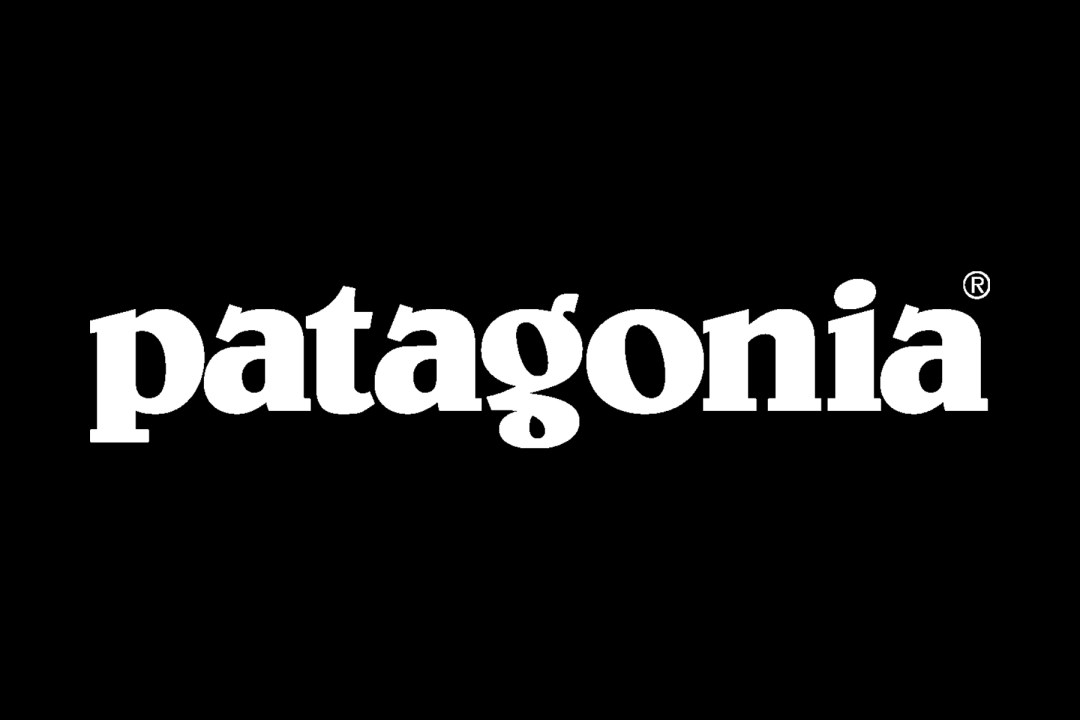Assessments
Social responsibility begins with an understanding of the working conditions in your supply chain.
Verité’s unique worker-centric approach and comprehensive desk- and field-based risk assessments offer you unparalleled insight into working conditions in supply chains, including forced labor, wage deception, and child labor.
For 25 years, Verité and our extensive network of global partners have brought clients clarity and resolution to the most challenging issues in the most difficult regions. Our customized assessments provide you with credible data that is highly specific to sector and country, and recommendations that are actionable and results-oriented.
Throughout the COVID-19 pandemic, we have conducted over 230 remote assessments, focusing on worker input and preserving our in-depth, practical approach to assessments that brings real change to workplaces. Many workers’ situations are even more abusive during the pandemic, making remote assessments a valuable tool for stakeholders and ensuring workers’ rights.
Contact us at verite@verite.org to discuss an assessment for your organization.
-
Comprehensive Social Responsibility Assessments
-
RBA Audits (formerly EICC Audits)
-
Corrective Action Verification
-
Worker Participation & Engagement Surveys
-
Forced Labor & Human Trafficking Risk Assessments
-
Supply Chain Risk Screening
-
Focused Issue Investigations
-
Country Labor Law Reports
 Gap Inc. has worked with Verité for over a decade, and we continue to do so because of their vast knowledge and experience in the area of workers’ rights and labor standards. Their expertise in Freedom of Association, program design and implementation, special investigations, worker voice, and management systems have contributed to the growth and development of our own programmatic efforts to ensure the people who make our clothes are treated with dignity and respect.
Gap Inc. has worked with Verité for over a decade, and we continue to do so because of their vast knowledge and experience in the area of workers’ rights and labor standards. Their expertise in Freedom of Association, program design and implementation, special investigations, worker voice, and management systems have contributed to the growth and development of our own programmatic efforts to ensure the people who make our clothes are treated with dignity and respect.

Case Study: Apple
Issues
Bonded Labor and Excessive Recruitment Fees in Supply Chain
Project
Verité has worked with Apple since 2008 on the issue of bonded labor and excessive recruitment fees in its supply chain. Where cases of bonded labor are discovered, Apple suppliers are required to repay the employees the recruitment fees in full whether or not the suppliers were directly involved in the recruiting process. This has resulted in $25.6 million repaid to workers since 2008, including $4.7 million in 2015 alone. One hundred percent of Apple’s top 200 facilities at risk for bonded labor are audited annually and, in 2015, 69 special bonded labor investigations were conducted.

Case Study: Patagonia
Issue
Worker Recruitment-related Debt
Project
In an unprecedented move in 2015, Patagonia reached beyond its Tier 1 finished goods suppliers to focus on Tier 2 fabric mills.
Patagonia engaged Verité to conduct focused foreign contract worker (FCW) assessments, which revealed that it can take FCWs at material supplier factories in Taiwan up to two years of a three-year employment contract to pay off recruitment-related debt.
Following the initial baseline FCW assessments, Verité worked with Patagonia to develop and roll out comprehensive Migrant Worker Employment Standards and Implementation Guidance. The standards cover every aspect of the employment relationship from screening labor brokers and worker recruitment to onsite management of migrant workers through the end of the contract.
From June 1, 2015, suppliers and their brokers are prohibited from charging or collecting any recruitment-related fees or expenses to workers even if it is lawful to do so. If workers do pay fees, the suppliers must reimburse the workers. Patagonia also requires suppliers to reimburse workers hired before June 1, 2015, for any recruitment-related fees or expenses paid in excess of applicable legal limits.